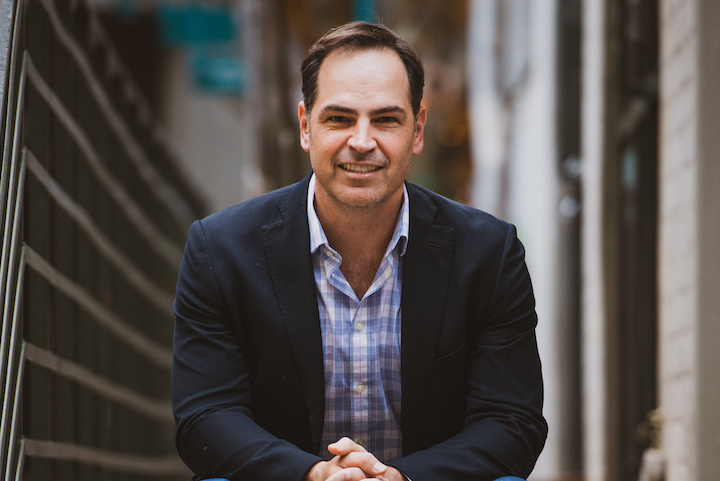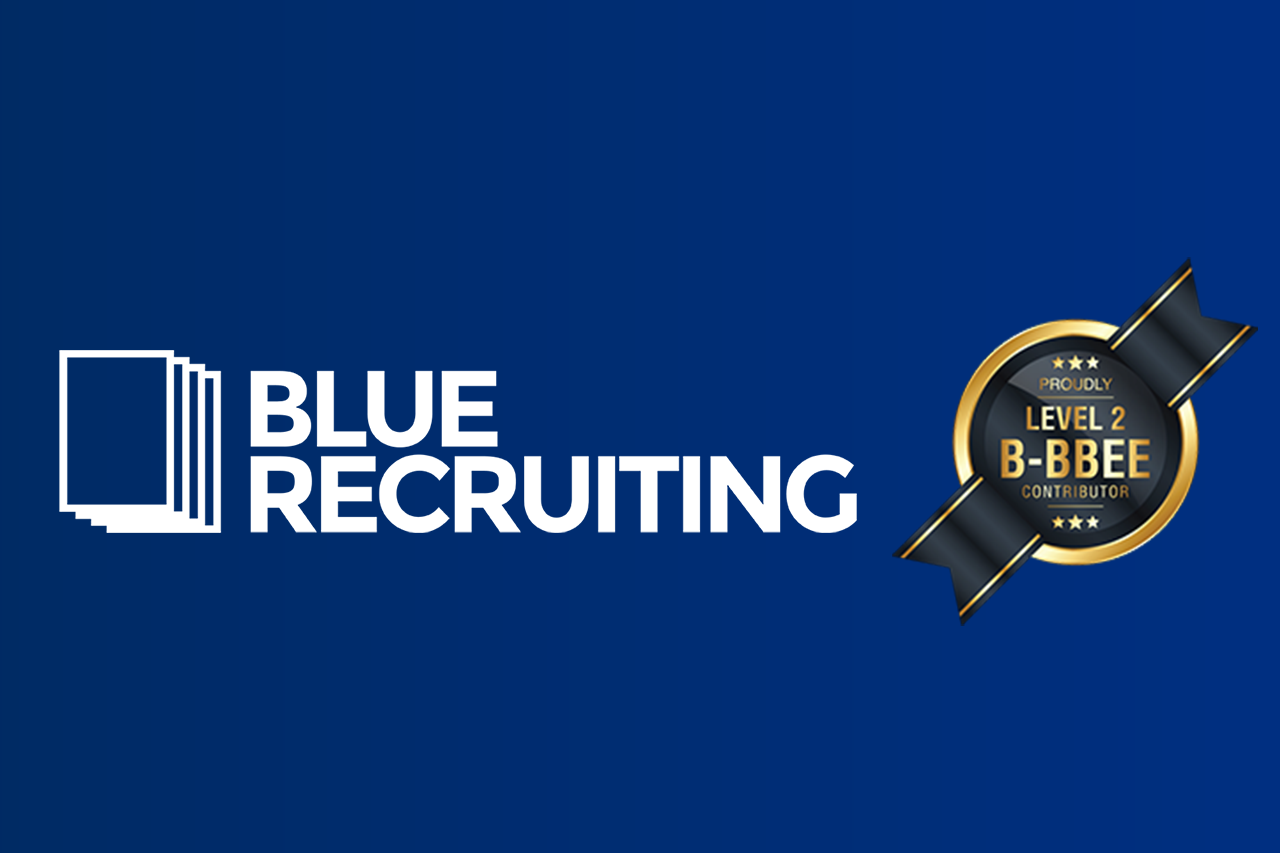
Asynchronous video interviewing: recruiting for the future
Recruiting is often a huge challenge for many business owners or managers, particularly when they are looking for chartered accountants. With the number of qualified CAs entering the market each year, coupled with the scarcity of jobs, vacancy ads can attract as many as 300 applications… sometimes more. The process can be extremely time consuming – even overwhelming.
But, thanks to technology and some nimble thinking by a team of entrepreneurial CA recruiters, there’s a way to significantly reduce the number of hours you spend on recruiting.
Asynchronous video interviewing is a process that involves candidates recording themselves responding to a set of prepared interview questions, and then submitting their videos for consideration by the employer. So instead of spending countless hours in face-to-face interviews, recruiters can simply watch a selection of two- to three-minute videos to help them make a short list of their top candidates.
James Hobson of Blue Recruiting, who pioneered the use of video interviews to recruit CAs in South Africa, says the process is extremely efficient.
“The video cuts out the need for first-round interviews,” he says. “Based on what they see in the video, employers can whittle down the number of potential candidates to a mere handful in a relatively short space of time and then move the process to the next stage.”
Carmen Dell, director of accounting, tax and payroll firm Finance Studio, has been using video interviewing to recruit accountants since 2019.
“It is a very effective time-saving tool for us,” she says. “Instead of wading through hundreds of CVs – which are all very similar – we receive a selection of three-minute videos, which we use to short-list the candidates. It’s so much quicker and more convenient than having face-to-face meetings, whether in person or virtually.”
Hobson says video interviewing has been an evolution.
“Five or six years ago, when we started video interviewing, we would get the candidates into our offices, sit them down and ask them questions while videoing them. We basically asked the candidates to read their CVs to us. However, that information dates quickly. Plus, it becomes repetitive as each candidate, especially newly qualified article clerks, have pretty much the same qualifications and experience.”
Over the years the questions evolved to become more personal, which started giving potential employers more of an idea of the candidates’ personalities.
“What is your definition of success? How do you differentiate yourself from your peers? Who has influenced your life and why? What has been your greatest achievement? These are far more meaty questions which don’t date and provide more of an insight than a mere CV recital,” says Hobson.
Dell concurs, saying the videos give an indication of a candidates’ personalities beyond their CVs.
“It’s very useful for determining whether a candidate will be a good cultural fit in our business,” she says. “You obviously need to follow it up with an interview, but at least using the video technique we haven’t wasted an hour on a person who we don’t see fitting into our organisation.
“Our work environment is very young and casual, so it’s not for everyone. If a candidate is looking for a more corporate environment, we’re not going to be the right fit for them. And we can see that in the video, so we don’t end up wasting their time or ours.”
Evan Anderson was recently hired at Finance Studio. He went through the process of asynchronous interviewing and says it saved him a lot of time and stress.
“I finished my articles at Deloitte in Durban at the end of 2020 and was able to interview for the Finance Studio job, which is based in Cape Town, without having to travel. That was a big bonus for me.”
Anderson says he found the prospect of interviewing on video daunting at first, but soon realised it has several advantages.
“One big plus is that you get a do-over if you’re not happy with your first answer,” he says. “As an accountant I like to be prepared, so this format suited me perfectly. In a live interview you often have to field surprise questions. Doing the video, I felt like I was more in control.”
Hobson says not everyone is totally comfortable filming themselves, but that this is the way the industry is moving.
“The reality is that we are in a job-short market,” he says. Unemployment is through the roof. Job seekers need to be doing whatever they can to try and get employed. So, if a potential employer requests an introductory video, it’s important to do it.
“Employers are trying to get to the answers as quickly as possible. These videos help them get there.”





